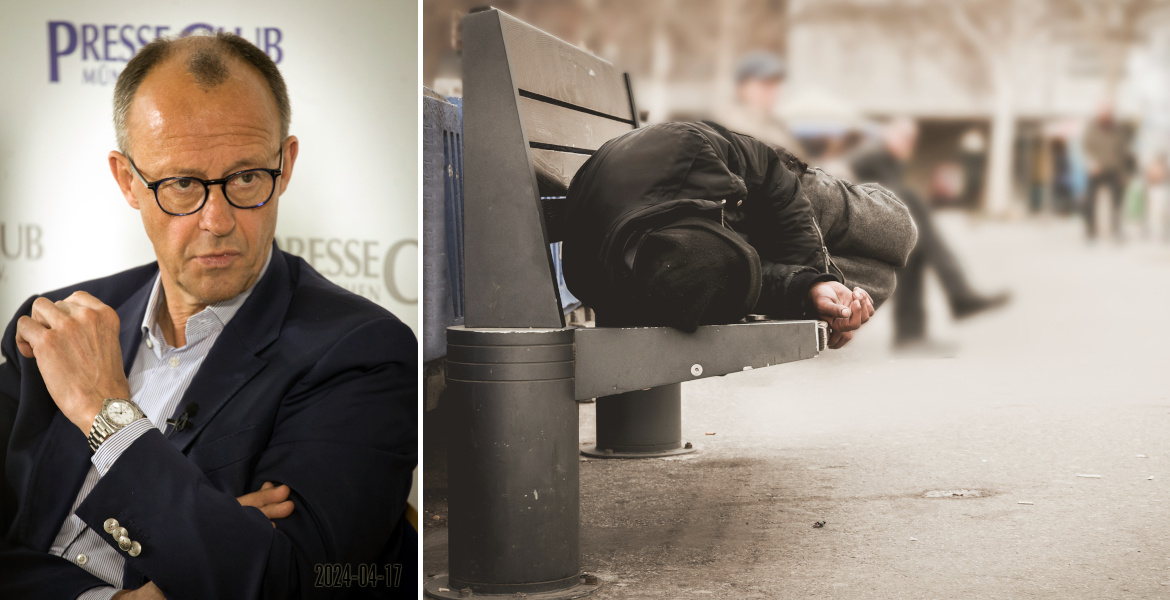Germany is in a government crisis after Chancellor Olaf Scholz fired the country’s Finance Minister Christian Lindner, leader of the liberal FDP party, during an emergency meeting yesterday. The decision means that the German so-called “traffic light coalition” is cracking.
The resignation triggered a swift reaction from the FDP, whose ministers immediately resigned, leaving Scholz with a minority government made up of the Social Democrats and the Greens.
Olaf Scholz, stating that the finance minister lacked the will to work for the good of the people, then accused Lindner of acting in the interests of the FDP rather than the public.
– There is no confidence in any future cooperation with Lindner, Scholz stated.
The events follow a series of conflicts within the coalition, with the three parties disagreeing on the country’s economic policy and the management of a massive budget gap of over €60 billion. The SPD and the Greens have advocated new loans to stimulate the economy, while the FDP has opposed further debt and instead wanted to save on grants and state subsidies.

Accusing each other
The Chancellor strongly criticized Lindner during the press conference after the meeting. In particular, Scholz pointed to the FDP leader’s stance on tax cuts for high earners, while Lindner advocated reduced pensions for pensioners.
– It’s not decent. It’s not fair, Scholz said, adding that Lindner ”often blocked bills and broke my trust”.
Christian Lindner fired back during a press conference of his own, accusing Scholz of lacking the ability to lead the country. He says the chancellor tried to force him to lift the so-called “debt brake”. Something Lindner consistently says he has refused to do.
– Olaf Scholz has shown that he does not have the power to give our country a fresh start.
Scholz says he has nevertheless given the FDP leader generous proposals for solving the country’s budget problems.
– But I have to make it clear that the Finance Minister is not willing to implement this offer for the benefit of our country. I no longer want to subject our country to such behavior, Scholz stressed.
“Is it all chaos in Germany?”
The coalition government has collapsed. DW’s Chief Political Correspondent @NinaHaase has more on what could happen next. pic.twitter.com/hWu5vVE76N
— DW Politics (@dw_politics) November 7, 2024
The traffic lights go out – FDP leaves the government
Shortly after Lindner’s resignation, the FDP announced that all ministers would leave their posts in the government. This means that Scholz will lose the majority that the SPD, Greens and FDP had together in the German Bundestag.
According to the Deutsche Welle TV channel, this means that Scholz will have to rely on a minority government until a vote of confidence can be held on January 15. Parliament can then decide on new elections, which could take place in March next year at the earliest.
The Social Democrats, Greens and FDP formed the so-called traffic light coalition in 2021, with the ambition to open a new chapter for Germany after Angela Merkel’s 16 years in power. Critics warned early on that the coalition’s ideological differences would create difficulties.
Conflicts within the coalition began in winter 2023 with the debate on replacing oil and gas boilers with heat pumps, followed by budget disputes after the government lifted the debt brake last year to face the effects of the coronavirus pandemic.
With new elections as a potential outcome on the horizon, Germany is in a precarious political situation, and a weaker government risks finding it difficult to push through necessary reforms, according to analysts.
Root causes of the German government crisis
Germany's government crisis is rooted in the ideological and economic differences of the traffic light coalition (SPD, Greens and FDP):
- Economic disagreement: the SPD and the Greens have advocated increased borrowing to meet budget deficits and stimulate the economy, while the FDP wants to maintain the debt brake and reduce spending instead of increasing the national debt.
- Budget deficit: The decision of the Constitutional Court to annul the government's budget (due to the diversion of funds from the corona fund to climate initiatives) has created a deficit of over 65 billion euros, which heightened tensions between the parties.
- Internal policy conflict: Past disputes over everything from climate policy to social reforms, such as the support for the replacement of oil and gas boilers, have further divided the coalition and undermined trust between the parties.









